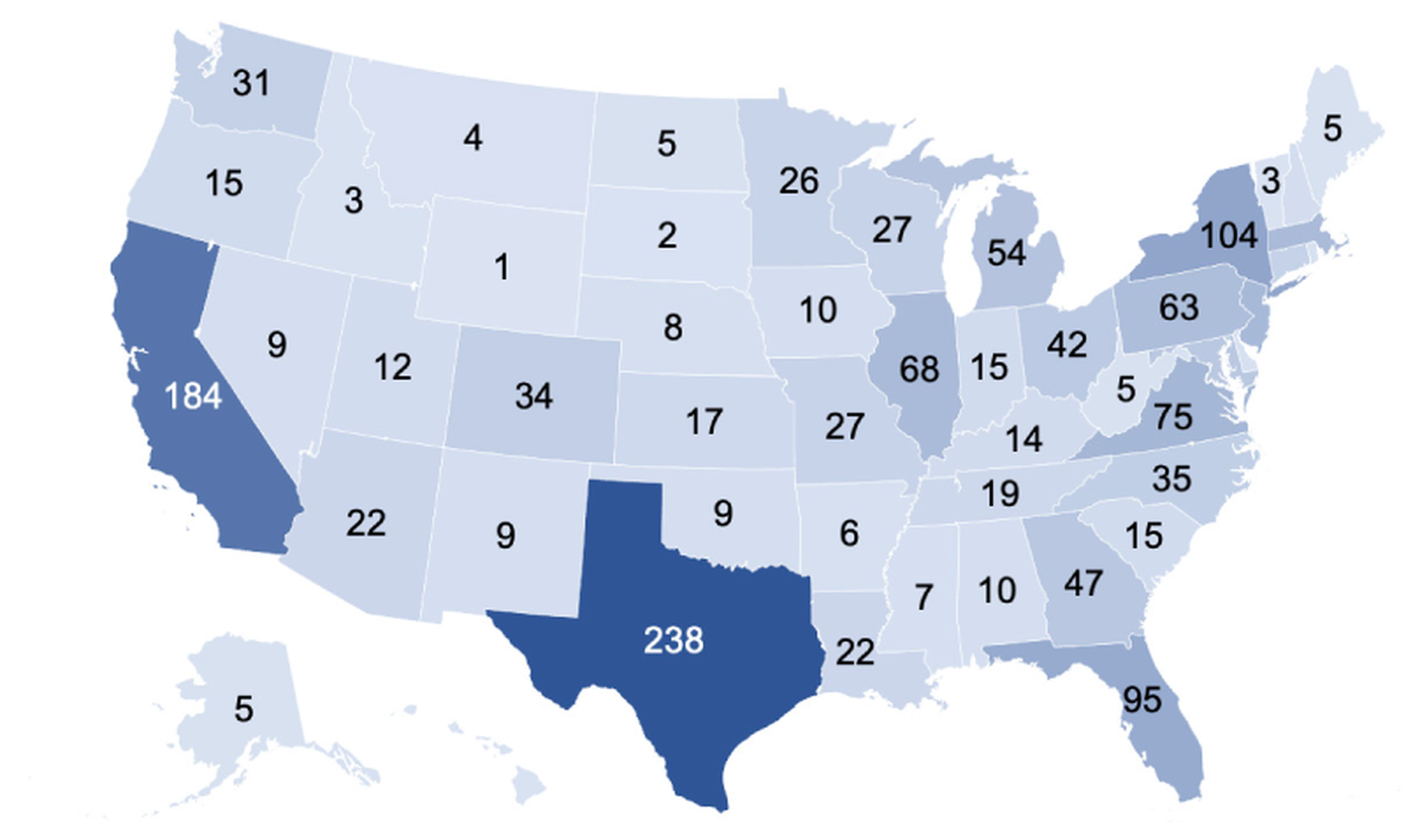
As we discussed in the previous blog, there is a growing trend of small and medium-sized businesses outsourcing their IT functions to Managed Service Providers, or MSPs, for reasons of cost, time efficiency and technology support and expertise. While the MSP sector is large, highly profitable and growing rapidly, it’s also highly fragmented, with more than 20,000 companies in North America offering a wide variety of IT services. That creates M&A opportunities for MSPs looking to expand their menu of services, increase market share and diversify revenue streams.
Let’s look at some of the reasons why MSPs are looking to expand and the role M&A can play in helping them realize their growth ambitions.
Widen Geographical Footprint

One of the most common reasons MSPs consider an M&A strategy is to expand within their current geographic footprint and move into new ones.
For example, Ntiva Inc. has acquired seven companies since late 2017, three of them in Chicago to expand its Midwest footprint. In 2019 it also acquired Diverse Technology Solutions, enabling it to increase its service coverage into New York City, Long Island and Southern Florida.
But it’s not alone. Medicus Solutions acquired Nexus Practice IT Services to expand its footprint within Ohio; NexusTek purchased Notonsite to build a stronger presence in the Southwest; and Thrive Operations acquired BizCompass and InfoHedge Technologies to expand its reach within the Northeast.
CompassMSP used its acquisition of Integrity Consulting Group to serve clients in Northern Florida, while it used to two other acquisitions to move into Southern Florida.
Expand Service Offerings

MSPs can also utilize M&A to expand their service offerings for clients. In addition to being the firm’s initial expansion into the Midwest, Ntiva’s acquisition of HigherGround helped it expand its service capabilities in custom application development and e-mail security.
Careworx acquired Fully Managed Inc., which greatly expanded the combined company’s capabilities in security, cloud services and digital transformation offerings. Six months later the combined entity bought Lime Collar Group to bolster its implementation, remote application management, and administration ‘’as-a-service’’ capabilities.
Thrive Operations’ November 2019 acquisition of Ease Technologies allowed it to offer an expanded suite of solutions including cybersecurity, network management and disaster recovery.
Move Into New Industry Verticals

MSPs have also pursued an acquisition strategy to move into or expand within specific industry verticals. For example, Thrive acquired Tier1Net Inc. and InfoHedge Technologies in order to serve clients in the financial services industry. CompassMSP acquired TS Tech Enterprises to compete within the dental and medical industries. Ntiva’s acquisition of Network Alliance enabled the firm to expand within accounting and finance.
The integration can be smoother when the acquirer and the target company both use the same applications, support the same software, and use the same technology vendors, which is often the case when companies acquire targets that serve a specific industry.
Increase Scale

Another primary reason MSPs engage in M&A is to increase the size and scale of their company, which can lead to deepening relationships with vendors and suppliers, improving purchasing power. That was one of the main goals of Medicus Solutions’ recent acquisitive growth strategy, which included three companies in 2019.
Diversify Customer Base

In addition to the above reasons, MSPs look to acquire companies that can help them diversify their customer base and revenue streams, which provides multiple benefits, including increased recurring revenue and the ability to engage in contracts with longer time frames.
Ntiva’s acquisition of 3Points helped expand its customer base to over 1,000 organizations across the U.S.

Increase Recurring Revenue

Increasing the proportion of recurring monthly billings versus one-time contract revenue is also a main attraction of M&A for MSPs. At Focus, we prefer that recurring revenue account for 60%+ of a company’s total income.
That was the motivation for Washington, D.C.-based Hilltop Consultants, which focuses on the legal industry, to acquire Atlanta-based Strategic Integration Partners. The deal helped Hilltop, which already had a satellite office in Atlanta, expand its presence and client base in that market.
Buyer Beware

Before diving into an M&A strategy, acquisitive companies must do their due diligence. That’s where an experienced investment banker with a deep Rolodex and industry expertise can help.
Due diligence encompasses a lot of areas, including profitability, revenue growth trends, revenue mix (recurring versus one-time projects), compatible technology, and – perhaps most important but often overlooked – company culture.

Guest blog courtesy of Abe Garver, MSP team leader and managing director, Focus Investment Banking. Read more Focus Investment Banking guest blogs here.




